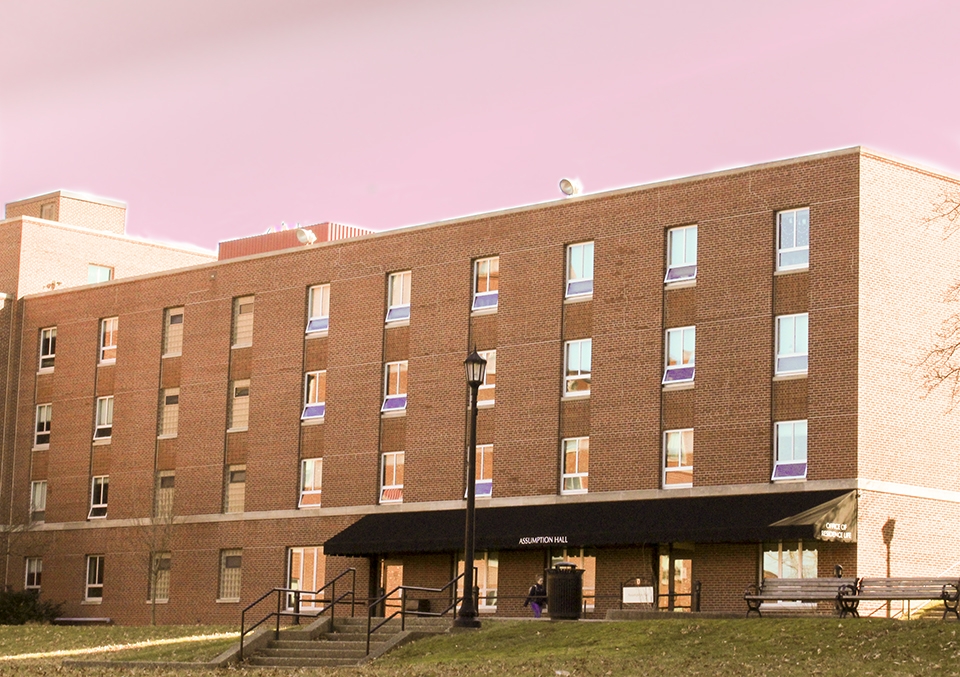
11/29/2018
By Lauren Humphreys | Staff Columnist
Any college student in the 21st century knows that sinking feeling when that all too familiar email comes in — “Semester Bill Posted.” Rising tuition prices across the country (and the hefty student loan bill that will eventually come with it) could possibly be the biggest stressor for post-secondary students in the modern world. Upon receiving that first gut-wrenching bill, many students wonder where exactly their tuition dollars are going. Generally, tuition monies are spent on room, board, student activities and professor and staff salaries. But what about the other expenditures, ones that are just as vital to the interests of college students that aren’t allocated for in the budget? This is currently an issue here at Duquesne University, particularly in regard to the University Counseling and Wellbeing Center.
Throughout the last few years, there has been a spike in interest for the services the Center provides. Of course, higher overall interest in counseling could never be considered a bad thing. However, the increased influx of students seeking therapy has led to a lopsided ratio of clients to counselors. The current licensed psychologists employed by Duquesne are all seeing a very high number of clients individually, and the two triage counselors are seeing an even higher number of clients per day. Unfortunately, the Center as a whole is booked out until the upcoming spring semester, meaning students who are interested in therapy cannot begin their sessions until after they return from their winter break.
None of these scheduling conflicts are the fault of the students nor the Counseling Center, but rather, it is an issue of budgeting. As previous incidents (coupled with the high amount of new and recurring clients) have shown, there is a massive student interest in counseling. The services of the center itself are crucial to the wellbeing of Duquesne’s student population. Without them, students would not have a safe space to turn to that can help them work through their stressors and keep themselves emotionally and mentally healthy.
Its physical health equivalent, Health Services (located on the second floor of the Union), also sees a high amount of students, but benefits from a higher amount of staff and a lower staff-to-client ratio. Disregarding the previous and necessary expenses listed, where else is the money going that a slight change in budget to hire more counselors cannot be granted? What could possibly be more important than the continued sense of wellbeing amongst the students of the Duquesne community? There have been many students (as well as staff) who have asked this question frequently. Barring traumatic events, what will it take for the university to allocate appropriate funds to the whole of the Department of Student Life?
A solution to these questions is unlikely to occur in the near future. As far as the students know, an increase in budget for the University Counseling and Wellbeing Center is not even on the table at the moment. It will take a lot of push and pull to get the university to see the sheer need that is occurring right under its eyes. While mental health has been destigmatized in recent years, the current administration of the university seems to value appearance over all else, and may not think that spending more money on a center revolving around mental health would look good publicity wise. In regard to the distribution of the funds the university receives, obviously academics take precedence over all else.
On the university’s 990 Form, it is reported that the university spends $223 million for Educational Programs, while $56 million is allocated for all student services. Recently, the university announced that a major renovation of the Palumbo Center will occur in the near future. While it is known that the money used to perform the renovations is not coming from student tuition, but from outside funding, it begs the question — if Duquesne can locate outside funding and use their connections to renovate an athletic building, why can’t the same be done for the Counseling Center?
It can, and should, be argued that mental health is more important to the overall wellbeing of students. If the university Counseling and Wellbeing Center crumbles in on itself due to internal pressure with not enough external assistance, the students, and therefore Duquesne University as a whole, will suffer.
Lauren Humphreys is a student employee in the Duquesne Wellbeing Center.



